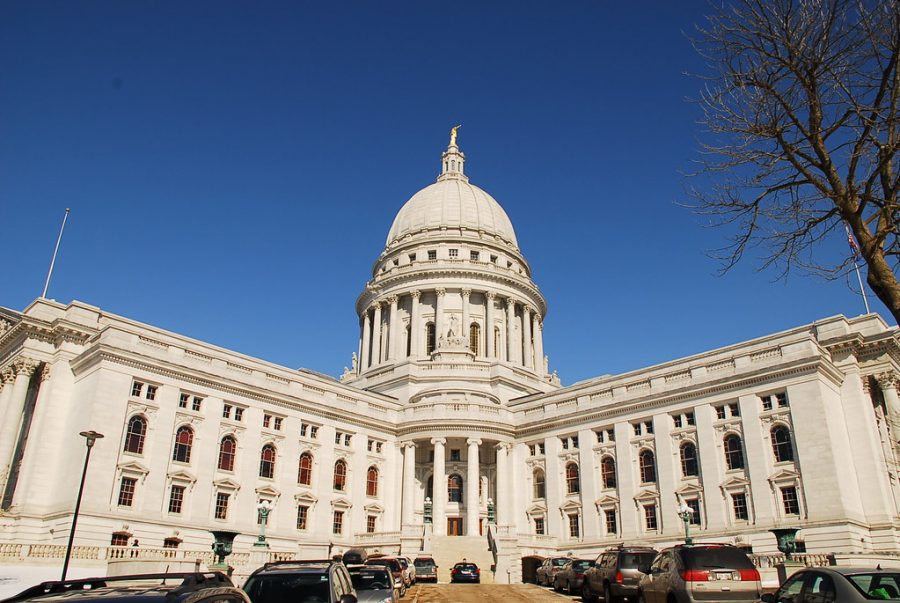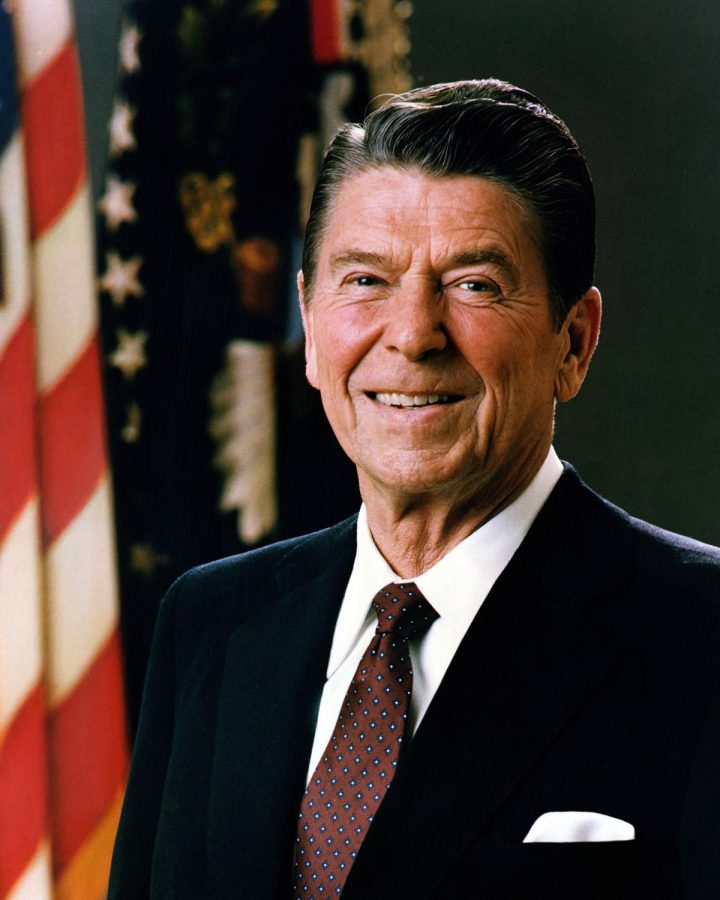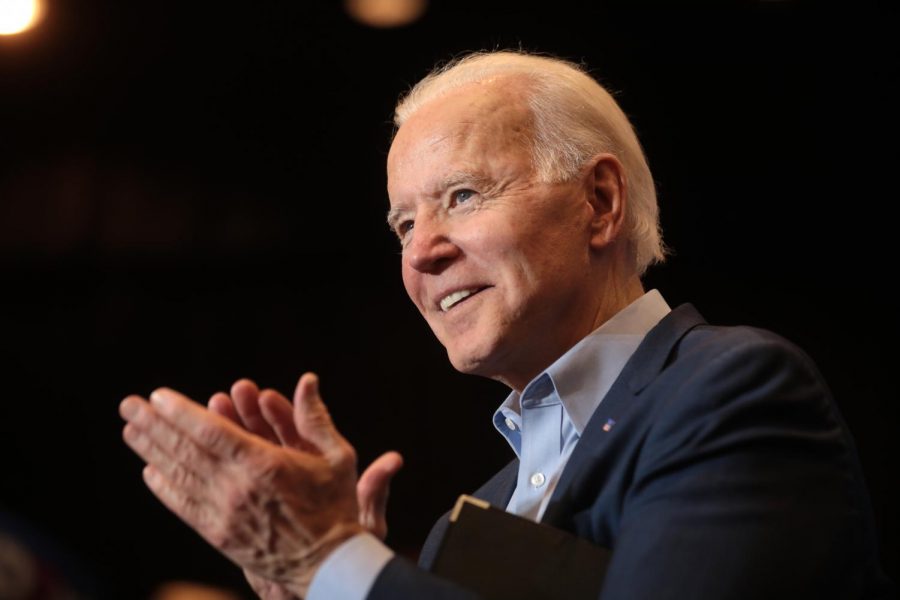If Bernie Sanders has come to symbolize anything, it is the leftward lurch of the millennials. In Iowa and New Hampshire, he received over 80 percent of millennial support, according to the Wall Street Journal.
It should be obvious that the Democratic Party drifted left with the millennials, but what about the Republicans? How is the Grand Old Party responding to this demographic change, and how should it?
With millennials matching baby boomers as 31 percent of the electorate, a response is absolutely necessary. Even if they don’t turn out in droves for this election (young people are typically less politically engaged), they will have a dramatic impact on politics in the long run.
First, the facts: Millennials are the most liberal generation. The Pew Research Center reports that 41 percent are “mostly or consistently liberal,” only 15 percent are “mostly or consistently conservative” and 44 percent have mixed views.
Even the millennials who are Republican or lean that way are less conservative. While 59 percent of millennial Democrats are “mostly or consistently liberal,” only 31 percent of millennial Republicans are “mostly or consistently conservative” and 51 percent of millennial Republicans have mixed views.
The GOP should be aware of the large percentage of millennials – in or out of the party – who are politically moderate. They should work to retain and win that block of voters. And once primary season is over, candidates’ rhetoric usually shifts toward the middle anyway.
The most obvious thing the GOP can do is shift its focus away from social issues, where it is most out of step with millennial views.
“I kind of hate to say it, but the millennial generation is now important. Their views are becoming the dominant public views. Their attitudes about gay marriage and social tolerance are radically different than the previous generations, and they are restructuring our views,” Bill McInturff, a GOP pollster, said in an interview with the Wall Street Journal.
The Pew Research Center confirms the point: Millennials are less religious, less likely to be married and more ethnically diverse. They are also more accepting of homosexuality and immigration.
It wouldn’t be the first time a right-of-center party moved toward the middle on social policy. Angela Merkel, leader of the Christian Democratic Union of Germany, welcomed Syrian refugees to the nation. David Cameron’s Conservative Party was able to pass gay marriage in Britain – a far cry from Ted Cruz who called the Supreme Court’s decision in Obergefell v. Hodges “some of the darkest 24 hours in our nation’s history.”
On other points, the GOP has great potential to connect with millennials.
Lenny Alcivar, client strategy director at Targeted Victory, said in an interview with CNBC, “Millennials tend to be more fiscally conservative than other generations due to pressing issues like student loan debt and finding quality jobs that match their education levels.”
The Republicans have long advocated for greater fiscal responsibility. If they can also harness their libertarian streak to take a more moderate – dare I say less Puritanical – stance on social issues, they may have a better shot at winning millennials.












